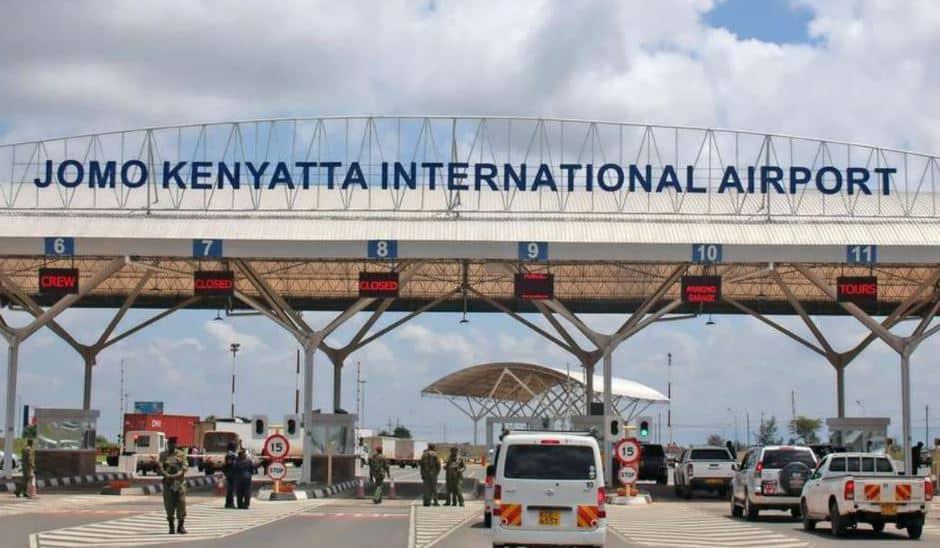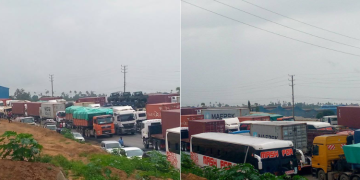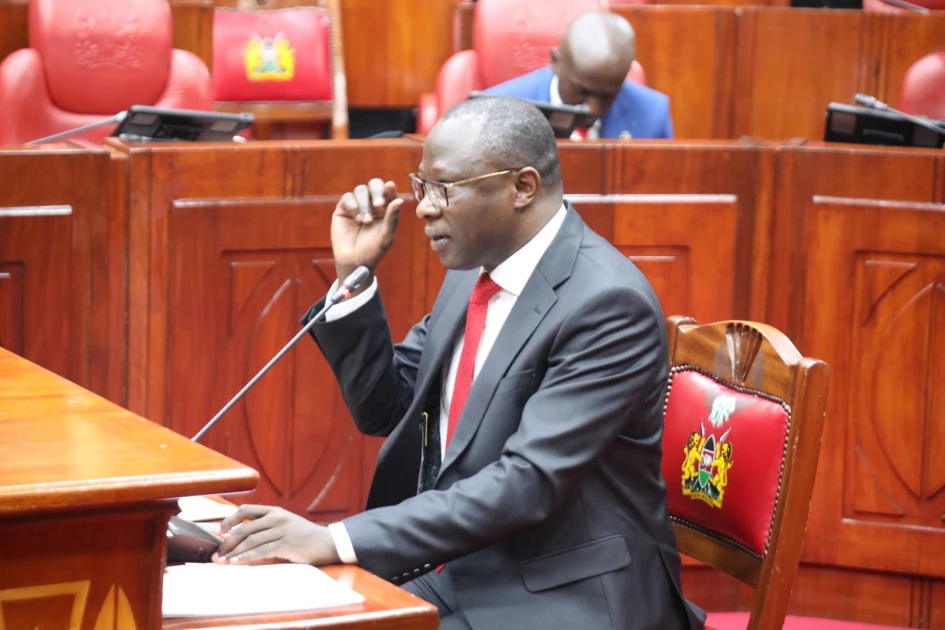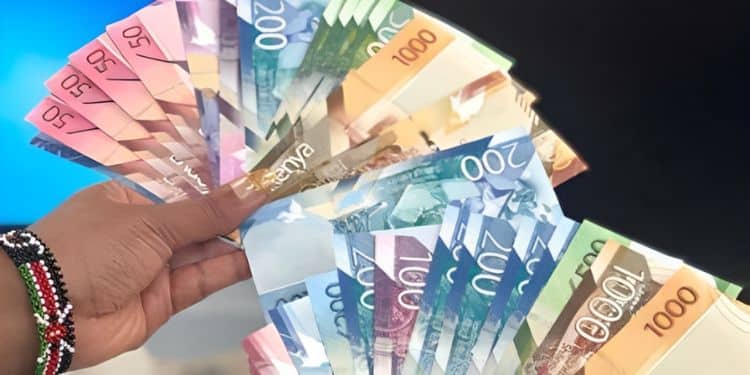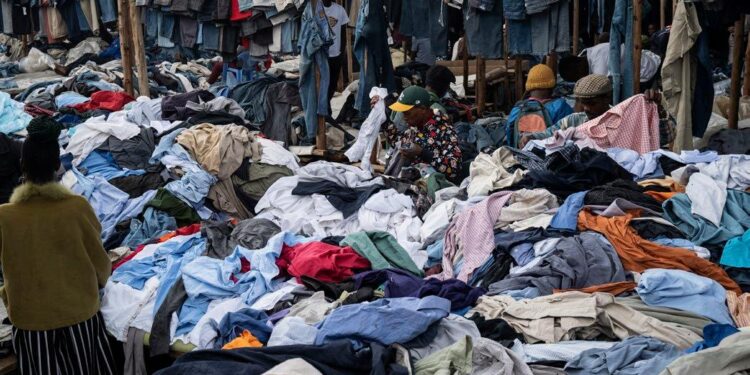The proposal by France, Denmark and Sweden to restrict used clothing (Second-Hand clothes) exports from the European Union could hurt the clothing resale industry in Africa.
Africa being the world’s second-largest importer of second-hand clothes, recycling companies in the EU and the UK are using legal loopholes to dump into Africa millions of plastic clothing every year.
The three countries are proposing that the EU apply the Basel Convention to used clothes, banning exports of hazardous textile waste and requiring prior informed consent to be obtained before importing textile waste.
According to Cyril Piquemal, France’s deputy permanent representative to the EU, the aim of including used clothes in the Basel Convention would be to reduce or even end exports of used clothes from the EU, and instead promote the development of textile recycling within the bloc.
“The export of textile waste from the EU to developing countries causes significant environmental, social, and health problems. The EU has to put an end to this practice,” Denmark’s deputy permanent representative to the EU, Soren Jacobsen, told an Environment Council meeting in Brussels.

Imports of Second-Hand Clothes
The EU exported 1.4 million tonnes of used textiles in 2022, more than twice as much as in 2000 according to U.N. trade data.
Kenya imported 177,386 tonnes of used clothing in 2022, a 76% increase on the amount imported in 2013, according to U.N. trade data. African countries including Ghana, Senegal, and South Africa are also significant importers of used clothing, the data shows.
Exports to developing countries can lead to environmental crime when clothes that cannot be resold end up in dumps.
Notably, environmental crimes encompass illegal activity that harms human health, as well as the nature and natural resources by damaging environmental quality.
Also Read: Mitumba Imports Revival, in place
Of the 112 million items of used clothing shipped directly from the EU to Kenya each year, up to one in three contain plastic and are of such a low quality that they are immediately dumped or burned to heat water, for cooking and even allegedly to fuel a power station.
Although, the 2021 customs data of European imports shows that there are around 500 importers, just five companies controlled around 50% of the USD$26 million European imports in 2021, including Baltic Textile Trading.
The tax rates levied by the government for worn items of used clothing(mitumba) is 35% of the Customs value (price of consignment, freight and insurance fee) or USD 0.20 per Kilogram whichever is higher. The Kenyan government collected over US$100 million in import taxes on second-hand clothes in 2021.
Unsellable Textile
Baltic Textile Trading, owners of Think Twice clothing shops, were found to have sold tonnes of unsellable used clothing to traders, who cut these into pieces which are then supplied as industrial rags and later used as industrial fuels, further contributing to air pollution and emission.
“The clothes are either too dirty or damaged to be reused or are culturally and climate inappropriate, creating serious environmental and health problems for vulnerable communities and overburdening the Kenyan taxpayer with waste management costs,” laments Mr Betterman Simidi Musasia who sold his trucking business to start Clean Up Kenya, a national public sanitation advocacy organization.
“Kenyan traders report clothing soiled by vomit, heavy stains and animal hair. A McDonald’s uniform was found still with the name badge attached. An M&S item with the label “recycle with Oxfam” was photographed being burnt to roast peanuts,” reveals a report and documentary by Clean Up Kenya, titled “Trashion, the stealth export of waste plastic clothes to Kenya.”
Also Read: CS Kuria Says he was Misquoted; He will not Ban Mitumba
Mitumba Consortium Association of Kenya’s Take
But Teresia Wairimu Njenga, chair of the Mitumba Consortium Association of Kenya, which represents sellers of second-hand clothes, denies that the imports contain large amounts of unusable items that end up in landfill.
“Nobody is giving us trash by force – what we are buying is good quality clothes, and if a supplier wants to sell us trash, we would be happy to refuse their consignment,” she said.
Around 1%-2% of each imported bale of used clothes ends up as waste, according to research commissioned by the association and published in September last year, based on 120 interviews with importers of second-hand clothes in Nairobi.
Kenya has a thriving second-hand clothing industry involving many key actors along the value chain, including importers, wholesalers, retailers, sub-retailers (hawkers or street sellers) and down cyclers such as mop makers and furniture upholstery makers.
Supporting actors include clearing and forwarding agents, transporters, Godowns and ware-house owners.
Several sources indicate that the second-hand clothing business employs up to 2 million people in Kenya.

This story was produced with support from Internews’ Earth Journalism Network.



